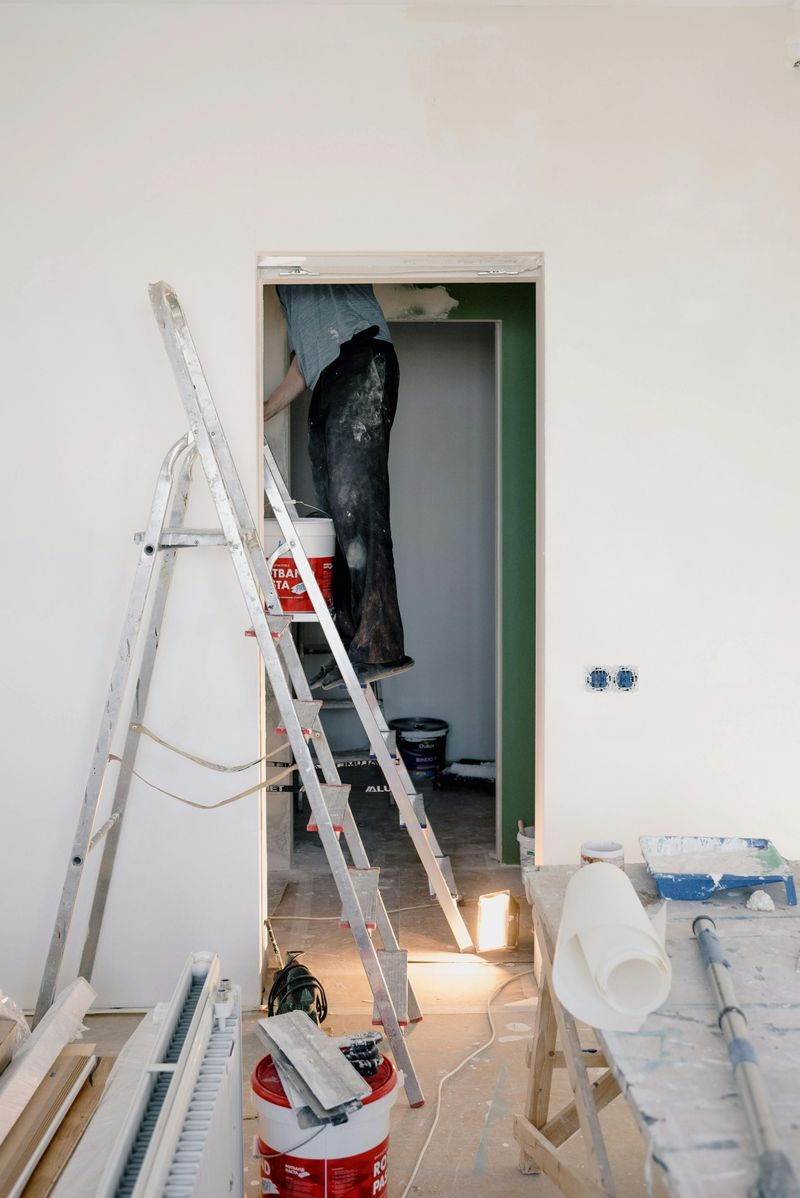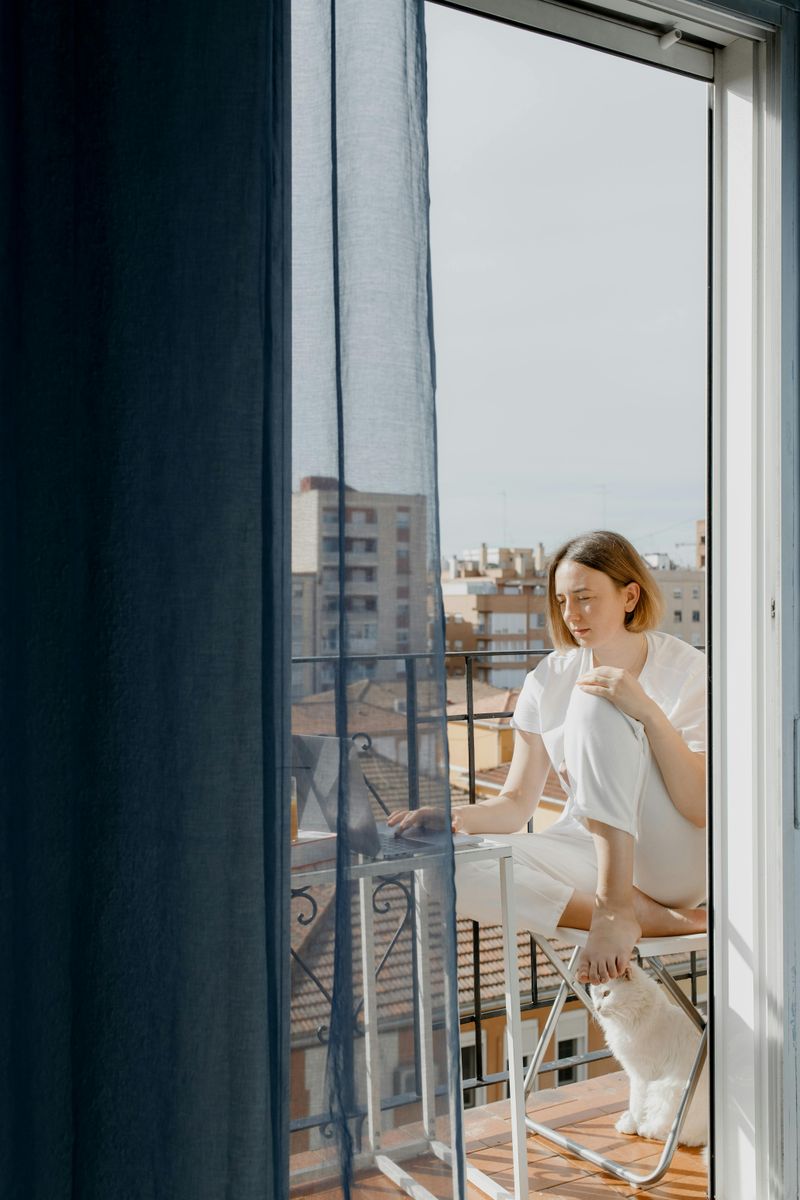10 Everyday Behaviors That Reveal You Probably Grew Up Privileged

Growing up in a privileged environment often shapes how one interacts with the world in subtle yet telling ways. These everyday behaviors can offer a glimpse into a life where financial stability and ample resources are the norm, rather than the exception. From the casual approach to spending without checking price tags to the assumed ease of accessing higher education, these actions encapsulate the disparities that privilege can bring. Understanding these behaviors not only fosters awareness but also empathy, as it highlights the unseen advantages that come with a life of abundance and security.
1. Never Checking Price Tags

Have you ever watched someone grab an item from a shelf without even glancing at the price? This casual confidence in spending suggests a familiarity with financial comfort. While some meticulously budget and compare costs, others breeze through shopping as if money were no concern. Their nonchalance may stem from a background where financial security was a given.
In a world where many must weigh each purchase, this behavior stands out. It’s a subtle sign of having grown up without the constant worry of making ends meet. Such ease in spending reflects a life where wants are easily fulfilled.
2. Assuming Travel Is Routine

For some, travel is a luxury, an experience saved for special occasions. Yet, to those who grew up privileged, it’s as routine as a weekend outing. Discussing annual trips abroad or flights taken on a whim subtly signals financial ease. While many consider travel an extravagant expenditure, others perceive it as par for the course.
This expectation of regular travel highlights disparities in lifestyle. It showcases a reality where exploring the world isn’t a costly dream but an accessible norm. Such assumptions about travel routines speak volumes about one’s upbringing and resources.
3. Treating Eating Out as “Normal”

Dining out is often viewed as a treat, a special occasion to be savored. However, for many who grew up privileged, restaurants and takeout are simply another day’s meal. The luxury of choosing where to eat without hesitation indicates a comfort with spending that not everyone shares.
While some reserve dining out for celebrations, others perceive it as ordinary as cooking at home. This behavior highlights a background where financial constraints seldom dictate lifestyle choices. The normalization of eating out underscores the ease with which life’s pleasures are accessed.
4. Calling Repairs Instead of DIY

Imagine encountering a leaky faucet and immediately calling a repair service instead of reaching for a wrench. This inclination to outsource even minor repairs suggests growing up in an environment where hiring help was the norm. For many, tackling household fixes is a necessary skill, driven by cost-saving needs.
Yet, for those accustomed to privileged living, DIY efforts seem unnecessary. The readiness to pay for repairs reflects a life where convenience is prioritized over thriftiness. This approach underscores a past where resources were readily available to solve everyday problems.
5. Having a Safety Net Mindset

Picture someone boldly leaving a job or relocating without a trace of financial anxiety. Such fearless decisions often indicate a deeply ingrained safety net mindset. Growing up with a financial cushion allows for risks that others might shy away from. This behavior highlights the luxury of making life choices without the looming threat of financial ruin.
While many hesitate due to monetary constraints, those with a safety net feel empowered to pursue opportunities freely. This mindset, forged in privilege, reflects a life where the fear of financial downfall rarely intrudes.
6. Assuming Higher Education Is Automatic

For some, attending college is a dream, hard-earned and cherished. Yet, for those raised with privilege, higher education is often seen as a given, not an achievement. Conversations about college as an automatic next step underscore a background where access to education is assured.
This assumption reveals the divide between those who view college as a right and those for whom it remains a significant challenge. The expectation of seamless educational progression highlights a life where opportunities are abundant and obstacles few. Such perspectives speak volumes about the privileges of one’s upbringing.
7. Viewing Hobbies as Investments

Consider someone investing in hobbies with the same commitment as a career. The ability to fund lessons, equipment, and memberships for pursuits like tennis or skiing signifies a background where leisure is more than just downtime. It’s an investment in personal growth.
Such pursuits require financial means, often inaccessible to many. Yet, for those raised with privilege, hobbies are yet another avenue of enrichment. The freedom to explore various interests without budgetary concern underscores a life where personal development is well-supported. This approach highlights the advantages of a privileged upbringing.
8. Seeing Healthcare as a Given

To some, healthcare is a luxury, often postponed due to cost. For others, it’s as routine as grocery shopping. Regular doctor visits, dental care, and therapy sessions indicate a life where health services are readily accessible. This expectation of consistent healthcare reflects a privileged background.
While many weigh the expense of medical care, those with privilege often take it for granted. This behavior highlights the disparity in healthcare accessibility. It underscores a life where well-being isn’t compromised by financial barriers, echoing the advantages of growing up with resources.
9. Assuming Everyone Has Space

Imagine always having a room of your own, or multiple bathrooms at home. This assumption about living space often points to a background of material ease. For many, such space is a luxury, not a standard. The expectation of personal space reflects a life where abundance is familiar.
While others may share cramped living conditions, those with privilege assume ample room is the norm. This mindset underscores an upbringing where comfort and privacy were never in short supply. Such assumptions about space highlight the differences in lifestyle and expectations.
10. Not Stressing Over Emergencies

Picture reacting to a broken car or a dead laptop with calm assurance, knowing replacements are easily attainable. This nonchalance in the face of emergencies often signals financial security. For many, such setbacks require careful financial planning.
Yet, those who grew up privileged often have the means to address problems without stress. This readiness to handle unexpected expenses highlights a life buffered by resources. It reflects an upbringing where financial concerns seldom overshadow practical solutions. This behavior underscores the quiet confidence that comes with economic stability.

Comments
Loading…